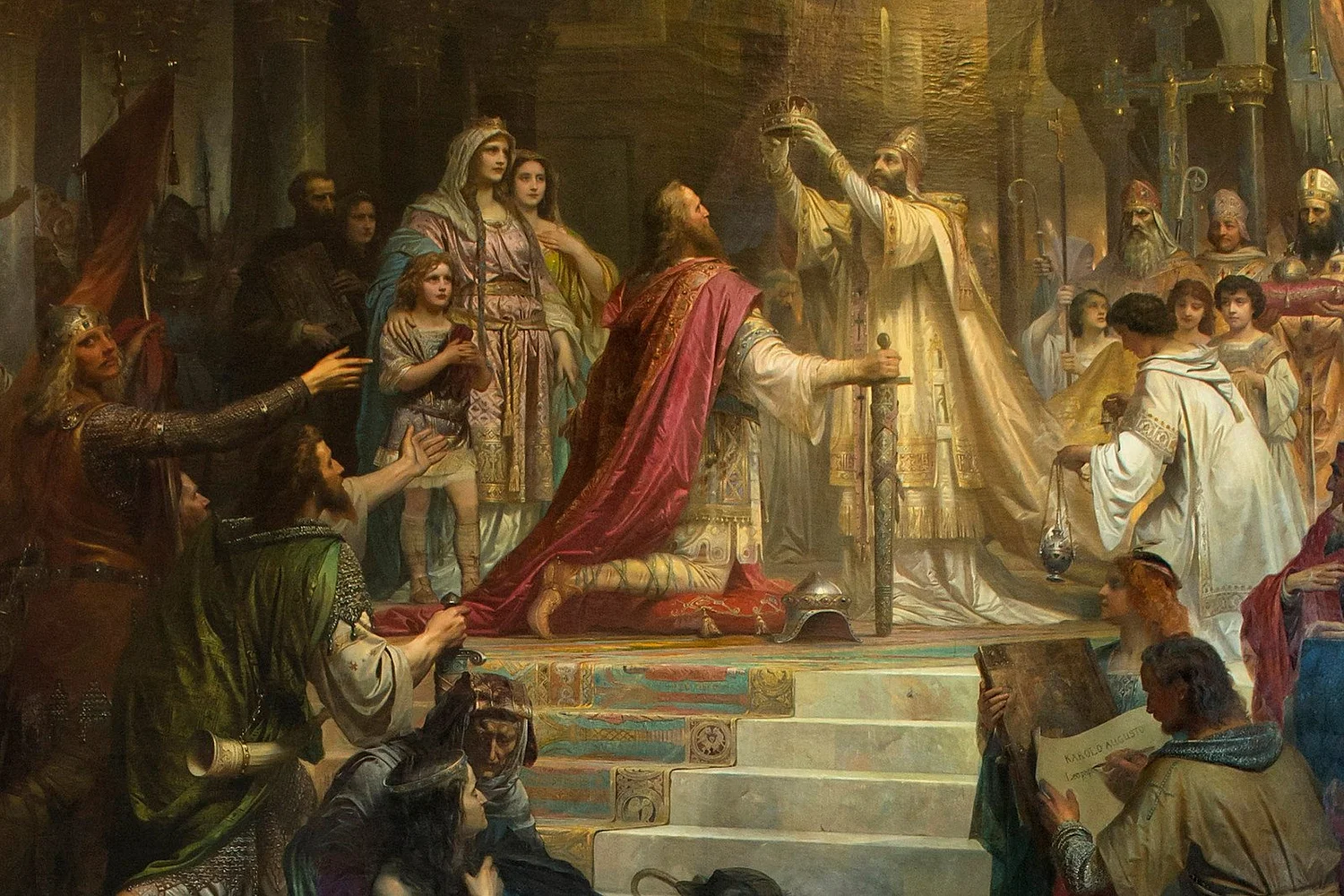
(Following from yesterday's post.)
Recap
Advanced Dungeons & Dragons 1st Edition makes assumptions in its rules. Those assumptions have consequences.
The cosmology presented in the rules creates a cosmic-level theater of Kriegspiel, with individual Prime Material Planes being akin to skirmish-scale Braunstein events. Those cosmic entities play this game by way of contacting mortal entities, selecting some of them to be their agents.
They bestow those that they select with divine power; we call most of them "Clerics", some of them "Druids", and some are something else (see Bards, Paladins, Rangers, and the classes of Oriental Adventures for examples).
In return for this power, those mortal agents are to pursue their cosmic patron's interests in their world. Through a combination of signs, wonders, and interventions they shape the mythology of the mortal peoples that they select. This mythology--the body of oral and written literature that explains a people to itself and its place in the world--becomes the core of a religion.
That religion, in turn, becomes the cornerstone around which a people formulate and build a culture. Who leads, how, and why? What is permitted, what is not, and why? What are the rules, and what shall become of transgressors? It is through culture that a people's religion transforms from belief to action.
Writing Down The Way Things Are Done
Now we see what comes when action is further refined into practice- into "praxis":
Definition (noun):
- Practical application or exercise of a branch of learning.
- Habitual or established practice; custom.
Formalizing praxis is institutionalizing it, so institutions are how culture is put into practice.
A people whose mythological forebearer became king by divine appointment is going to formalize priestly approval of any claimant to a vacant throne. The priest, being the mortal agent of that divine power, stands in for said god; if he is sufficiently high level to merit the attention of the god or his servents, that is not theoretical- it is literal, and if the priest says "No" that claimant is going to have a bad time.
Meanwhile, a people whose great hero eschewed such status but instead insisted on each family being in charge of their own affairs is going to organize their states in a completely different manner due to that mythological weight given to it. Again, due to how the divine doesn't leave things alone that sentiment is going to have real power backing it up.
A people that practices slavery is going to have institutions all about it, and behind those institutions is a culture that grants it validity. Behind that culture is a religion that permits it, which formalizes a mythology that explains it, which some god somewhere wants done because it furthers his interests somehow.
A people that practice usury will have similar institutions, culture, religion, mythology and a cosmic patron that benefits from the institution. A people that genocide those whom they conquer shall do likewise.
Knowing what these institutions are and how they arise means that handling Faction Play is a lot easier; as play goes on and events have their impact, what a Faction leader does becomes far more predictable if you understand the culture, mythology, and religion thereof.
/cdn.vox-cdn.com/uploads/chorus_asset/file/21852109/thrawn_treason_interview_tall.jpg)
Zahn Was On To Something With This Guy
You will not have a hard time taking the entries in the manuals and constructing believable institutions, cultures, etc. once you know the order of things; I am telling you the top-down view specifically so that you--as Referee--can reverse-engineer from a Monster Manual entry all of this in moments.
Now that we're at a level that most characters will see, we can move on to using this in play tomorrow.
No comments:
Post a Comment
Anonymous comments are banned. Pick a name, and "Unknown" (et. al.) doesn't count.